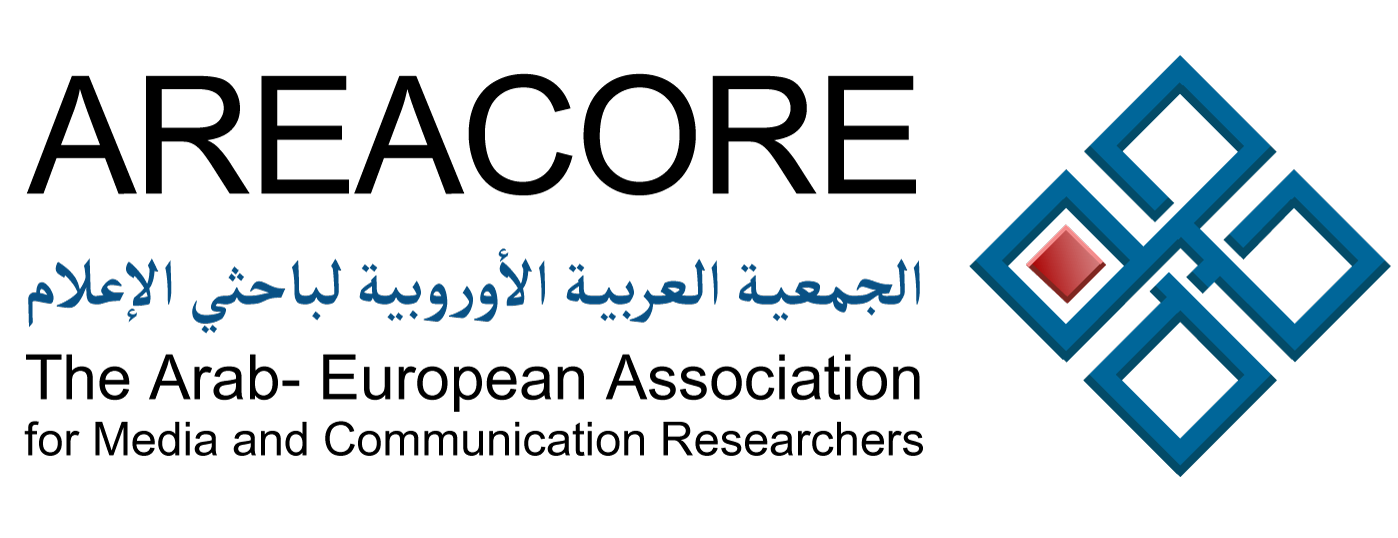Clara Housselle, Lene Schargitz & Amina Scharrer
In 2003, Iraq’s Baath Party dictatorship under Saddam Hussein was overthrown with U.S. leadership. The establishment of a functioning democracy and journalism was the goal of the subsequent U.S.-led Coalition Provisional Authority in the following years. However, more than 15 years later, the Iraqi people still experience no actual peacetime, and the work of journalists remains problematic. This film tries to explain how this happened and what the current situation of online journalists in Iraq is like.
Iraq is located in the Middle East and is surrounded by Syria, Turkey, Iran, Kuwait, Saudi Arabia and Jordan.
In total, Iraq has 38 million inhabitants, 75% who are Arabs, 15% who are Kurds and 10% who belong to other minorities. Almost the entire Iraqi population is of the Muslim faith: 60% are Shiites who live especially in the southeast of the country, while 37% belong to the Sunni faith, of which about 20% are Arabs and 15-17% are Kurds. The Sunni Arabs mainly live in the northwest of the country and the Sunni Kurds in the autonomous region of Kurdistan.
Under Saddam Hussein’s dictatorship, it was not possible to form a free opinion in Iraq. Everyone speaking against the regime was silenced, and the media consisted only of state-controlled propaganda. Journalists were persecuted, and satellites for private households or streaming of international content were strictly forbidden. Iraq was meant to be shut off from the rest of the world with no information coming in or out. Then, in 2003, the U.S.-led coalition toppled Saddam Hussein’s regime. Shortly after the fall of the Baath Party, state control over Iraq’s media was suspended, and new radio and television stations and newspapers were founded at an extreme speed, resulting in a flood of information.
So, how can the current situation of Iraqi journalists be described?
Dr. Anja Wollenberg, Head of Research at the NGO Media in Cooperation and Transition (MiCT):
“So I would say online journalism in Iraq is related to, let’s say, 3 phenomena which is, first, decrease of print newspaper reaching popularity. Secondly digitisation of broadcast media and thirdly a rise of a group of very popular, well known Iraqi analysts that are also online journalists …”
Even though the internet has been shut down repeatedly by the government in parts of Iraq in recent years, the number of internet users has increased in the country. Notably, while only 9.2% of Iraqis used the internet in 2013, 49% were connected to the internet in 2017. With this increasing use, there are also further opportunities for online journalism.
Dr. Anja Wollenberg, Head of Research at the NGO Media in Cooperation and Transition (MiCT):
“Of course online journalism is faster than any other journalism as it is in other parts of the world that’s not something special about Iraq but i would say it might be, for Iraqis, more important to get breaking news really fast because you depend and rely much more on real time news than maybe people do rely and depend on real time news in let’s say Germany or Europe. Online Journalism also, for the journalist, has the advantage that you can, as a journalist, not easily be tracked down…”
But even if many appreciate the internet, especially for its anonymity, the problems and dangers for journalists and online journalists cannot be dismissed. Reporters Without Borders writes that it is particularly likely that anyone researching embezzlement or corruption will be exposed to serious threats. Iraq only ranks 156th out of 180 countries in the 2019 press freedom ranking. So what exactly are the problems of Iraqi online journalists, and how is the government tackling them?
Dr. Anja Wollenberg, Head of Research at the NGO Media in Cooperation and Transition (MiCT):
“I would say that the main problem for Iraqi journalists in general and that includes online journalists, of course, is a culture of impunity in Iraq which means that crimes are not being investigated, crimes are not being pinned down. Which is rooted in another problem which is limited rule of law in Iraq and fragile statehood. Another problem was that the government is also trying to silence critical voices. That has been pretty harsh during the reign of prime-minister Nouri al- Maliki but governments do not go ahead and shoot journalists or burn down studio- they use legal means. So what they did was, actually, that they filed suit against a journalist or media outlets saying that they didn’t pay their taxes properly or their fees properly or they might have violated some laws. I want to add that, actually, working conditions for journalists tend to be very dire in Iraq…that makes journalists sometimes easy prey for corruption…”
Iraqi journalism faces pluralism
Each of Iraq’s different ethnic and religious interest groups are all associated with their own media outlets and are well-represented in the Iraqi media world. Nevertheless, this pluralism also entails a certain danger.
Dr. Anja Wollenberg, Head of Research at the NGO Media in Cooperation and Transition (MiCT):
“The problem comes with polarisation. What happened is that whenever a crisis or political tension actually escalated then those media would escalate alongside. That is really a problem because it fuels conflict and it has done so evidently. But experts I’ve talked to also say that hate speech and ethno-sectarian racism in media have migrated to the internet.”
Many journalists hope that the polarization of conflicts between the different groups in Iraq can be overcome. Even if the construction of a democratic Iraqi state in the Western sense was a failure, for the time being, online media in particular is an important component for Iraq’s path to democracy.
References
Braude, J (2003). The New Iraq. Rebuilding the Country for Its People, the Middle East, and the World. New York: Basic Books.
Wollenberg, A. (2019). Medien und Demokratie im Irak: Öffentlichkeit im Kontext von Transformation und bewaffneten Konflikten. Wiesbaden: Springer VS.
